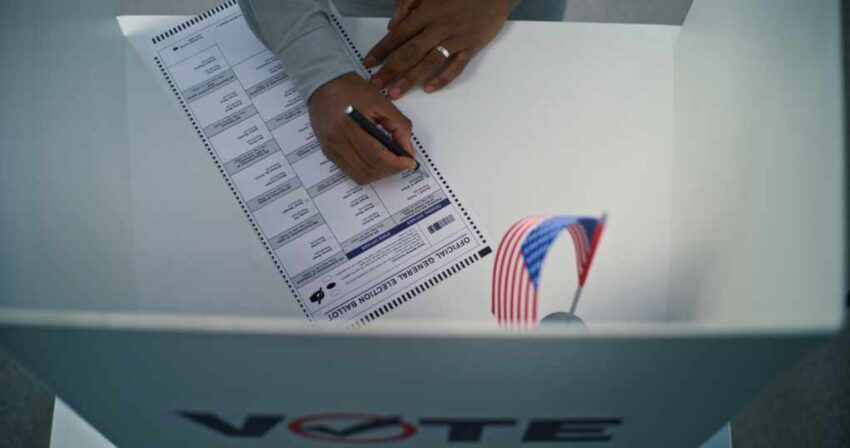The dramatic loss of Democratic voters could reshape America’s political landscape, bolstering Republican power.
Story Snapshot
- Democrats have lost over 2 million registered voters since 2020.
- Republicans gained slightly more than 2.4 million new registrants.
- A surge in independent voters signals declining party loyalty.
- Republican electoral victories attributed to these registration shifts.
Democratic Voter Decline and Republican Surge
Between 2020 and 2024, voter registration data from more than 20 states that track party affiliation showed Democrats with a net loss of just over 2 million registrants, while Republicans registered a net gain of slightly above 2.4 million, according to an analysis by The New York Times in May 2024. This trend was evident across more than two dozen states that track party affiliation, significantly impacting the outcomes of the 2024 House and Senate races. The registration shift was cited by political analysts as one factor in President Trump’s 2024 victories in several battleground states. However, experts including Professor Michael McDonald of the University of Florida, who directs the U.S. Elections Project, caution that registration numbers alone do not fully explain electoral outcomes, as turnout and voter mobilization also play decisive roles.
The analysis highlighted a direct correlation between the changes in party registration and the recent Republican electoral successes. Data reveals that Republicans overtook Democrats in new registrations from 2023 to 2024, with a 9 percentage point increase for Republicans and an 8 point drop for Democrats. This transformation reflects broader political dynamics, intensified by recent socio-political events and strategic Republican registration drives in pivotal states.
Independent Voters on the Rise
In addition to the notable shift from Democrats to Republicans, another significant trend is the rise of independent or unaffiliated voters. These voters now account for nearly half of all new registrants, suggesting a growing disenchantment with the traditional two-party system. This surge in independent registrations underscores a potential long-term transformation in the political landscape, as more Americans seek alternatives to the established parties.
Experts including Dr. Larry Sabato, director of the University of Virginia Center for Politics, noted that this trend could increase the electoral leverage of independents, potentially shaping party strategies and policy priorities in upcoming elections. The growing number of unaffiliated voters represents a critical factor that both major parties must consider as they plan their outreach and engagement efforts moving forward.
Implications for Future Elections
The dramatic shifts in voter registration have significant implications for the American political scene. In the short term, Republicans currently hold control of the White House and both chambers of Congress, while Democrats face the challenge of re-engaging voters who have shifted registration or disengaged from party affiliation, according to an analysis by the Brookings Institution in July 2024. Over the longer term, the weakening of party loyalty and the rise of independents could lead to structural changes in the political system, requiring parties to adapt to an increasingly fragmented electorate.
NYT: Another New ‘Nightmare Scenario’ Is Unfolding for Democrats https://t.co/b7kQw1FOq2
— Norman Firebaugh (@FirebaughNorman) August 27, 2025
Sources:
Hey New York Times, Your Party Voter Registration Story Pretty Bad
Click this link for the original source of this article.
Author: Editor
This content is courtesy of, and owned and copyrighted by, https://conservativeamericatoday.com and its author. This content is made available by use of the public RSS feed offered by the host site and is used for educational purposes only. If you are the author or represent the host site and would like this content removed now and in the future, please contact USSANews.com using the email address in the Contact page found in the website menu.





